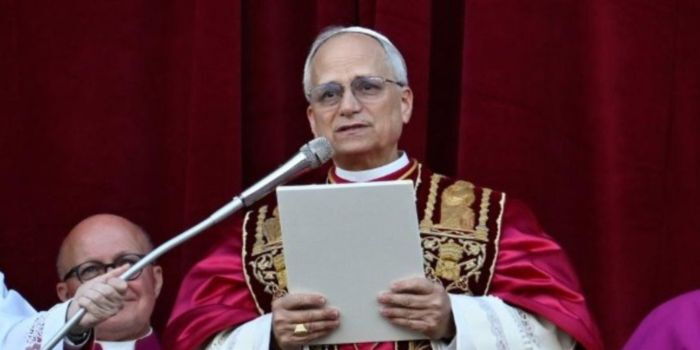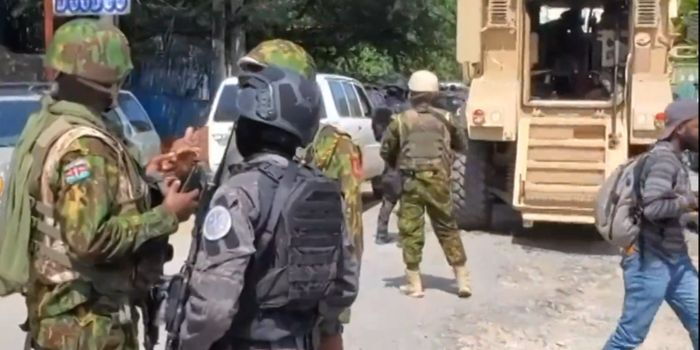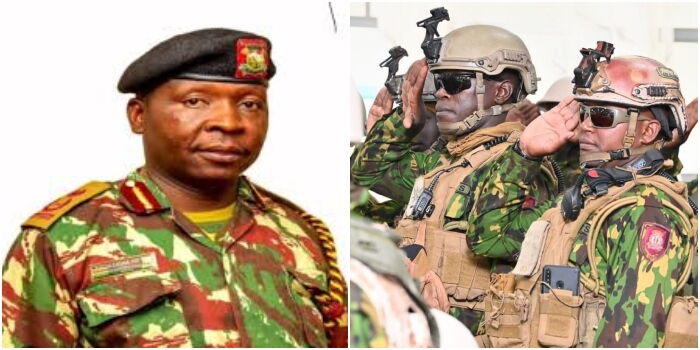Haiti is living through one of its darkest moments. On Sunday, Pope Leo spoke out about the country’s deep crisis, calling the situation “increasingly desperate.”
The Pope listed a shocking reality: murders, gang violence, human trafficking, kidnappings, and even forced exile. His message was clear: Haitians need peace, and they need it now.
“I make a heartfelt appeal to all responsible to release the hostages immediately, and I ask for the concrete support of the international community in creating social and institutional conditions that will allow Haitians to live in peace,” the Pope urged.
This comes just as Kenyan police officers in Haiti are facing growing pressure. Haiti’s government has declared a three-month state of emergency in some of its most important regions.
The areas affected, West, Artibonite, and Center departments, are now under strict measures aimed at stopping gangs and dealing with a serious food crisis.
These regions are known as Haiti’s rice basket, a vital agricultural zone. But over the past few years, they have become prime targets for armed gangs.
Reports say farmers have been murdered, others forced to leave their land, and entire communities wiped out in coordinated attacks. These attacks have destroyed food production, creating shortages and pushing food prices higher.
Many people can no longer afford basic meals and are depending on humanitarian aid to survive.
The numbers tell a grim story. Between October 2024 and June 2025, more than 1,000 people were killed, over 200 injured, and 620 kidnapped in these regions and nearby areas, according to the UN human rights office.
Human rights groups fear that this level of violence could undo any progress made by the multinational security mission in Haiti, a mission where Kenyan officers are playing a leading role.
Kenyan police, working under the UN-backed Multinational Security Support (MSS), are in the thick of this crisis. They have been patrolling dangerous neighborhoods and working with Haitian security forces to break gang control.
Despite the grim outlook, Kenyan police say they are making progress. Last week, MSS Spokesperson Jack Ombaka said joint operations with Haitian forces have intensified in critical parts of Port-au-Prince, the capital city.
Ombaka stressed that the mission is targeting gang leaders, blocking weapon supplies, and protecting key roads to allow food and aid to move freely.
Still, the challenge is enormous. Armed gangs in Haiti are heavily armed, well-organized, and control large areas.
For Kenyan officers, this is no ordinary mission, it’s a test of courage, strategy, and endurance. And with Haiti’s state of emergency in full effect, the eyes of the world are now on them.
Whether the combined efforts of Haiti’s government, Kenyan police, and the international community can turn the tide remains uncertain.
But one thing is clear: the next three months could decide the future of Haiti’s stability, and the legacy of Kenya’s role in the Caribbean nation.






